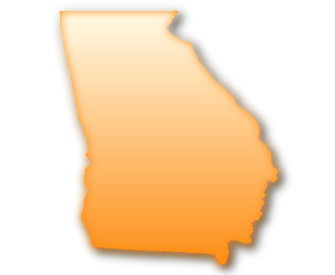

One student said, "Overall, it didn't really help with what I wanted or what I was looking for."Īnother student offered, "Using AI, sometimes it helps me. A student-drawn portrait, then reimagined by artificial intelligence. One study by the McKinsey Global Institute estimates 10% of the jobs created by the year 2030 will be in previously unknown fields, and most will see at least some level of automation.ĭown the hall in art class, students were asked to draw a sketch, then enter a description of the sketch into an AI image generator, leading to debates over whether the computer-created works inspired them to change their original design. So, if we can give them something challenging real-time, they are very engaged with it."īy all estimates, machine learning is something the kids will have to continue to engage with once they enter the workforce.

"The way that these kids think, they process information so fast.

"That would've taken probably about four or five days," he said. Gaffney said that five or 10 years ago, without this technology, that lesson would have been approached much differently. Students ask ChatGPT to analyze years of traffic data, then use the findings to help come up with solutions for safer roads. Correspondent Christina Ruffini meets "Jessie," the robot jaguar that is Seckinger High School's mascot.Īt Seckinger High School in Buford, social studies teacher Scott Gaffney is incorporating the technology in less obvious ways. Sometimes, however, they are messing with robots – designing, coding and coming up with ideas.
#VIRTUAL SCHOOLS IN GEORGIA HOW TO#
But what we are doing is teaching them how to think and solve problems with these tools." "For us it's thinking about: what do our kids need to know and do to be ready for their future? We're not, like, always messing with a robot. "AI is such a popular buzzword right now, but we've actually been doing this for a couple of years," said Sallie Holloway, the director of AI and computer science for the district. Six-year-old Gabriella went beyond the lesson and figured out how to program a sensor to respond to specific colors. First graders at Patrick Elementary School, in Buford, Ga., use Lego bricks and an app that helps teach coding.Įven if they don't know what "AI" stands for, the young learners already know how to use it. More than just blocks, they're building familiarity with technology, like iPads, that are part of a pilot, public school program trying to prepare students for the challenges and opportunities that come along with the rise of AI. So far, the machines seem to be winning over students, parents and teachers, but there is still a lot to learn.Īt Patrick Elementary School in Buford, Georgia, about an hour outside Atlanta, first graders are "programming" Lego bricks, as part of a lesson involving creative problem-solving. Teachers and students embrace artificial intelligence in nearly every subject taught, from English to art class. The approach goes beyond robotics and computer science class.

While some schools are banning the use of AI in classrooms, one school district in Gwinnett County, Georgia, has gone all-in, launching a curriculum that brings the technology into classrooms, starting in kindergarten. The emergence of artificial intelligence has raised questions about its impact on creativity and critical thinking. Georgia school district brings AI into K-12 classrooms 06:33


 0 kommentar(er)
0 kommentar(er)
